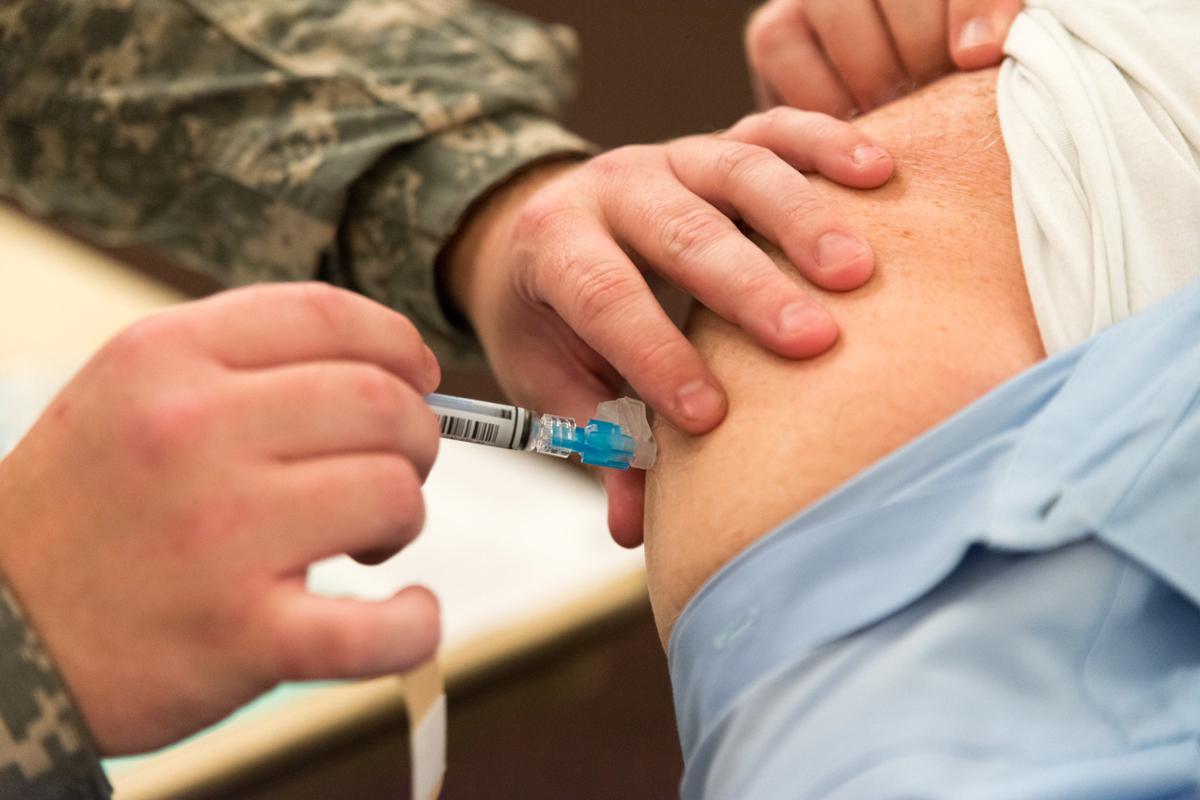In the past fifty years, hundreds of millions of Americans have gotten the flu shot. If you’re one of them, you might have experienced a pretty common side effect: a sore arm.
Is this merely the result of getting a metal needle jabbed into your muscle? Nope. When you get a shot, your body starts working overtime in order to keep you healthy.
A flu shot works by tricking your immune system into thinking a live flu virus has invaded your body. Really, the virus is inactivated, which means it’s dead and can no longer infect you.
But your body doesn’t know that. To your body, the flu shot is full of dangerous “antigens,” foreign substances that create an immunologic response. And an “immunologic response” is when your immune system activates white blood cells to respond to an invader.
So once the vaccine deposits the antigens, your immune system jumps into action. It swarms the injection site. Some white blood cells produce antibodies, who attack the antigen and latch on to it. Other cells whisk antigens away to different parts of your body; and still others call for reinforcements. All this activity means inflammation, and enough inflammation causes pain, as well as the occasional fever or swelling, if you’re particularly unlucky.
The good news, however, is that a little soreness means that the vaccine is doing its job. Consider the flu shot as a practice run for your immune system: by learning to respond to the harmless lookalike antigen of the vaccine, your body prepares itself to respond to the actual virus.









